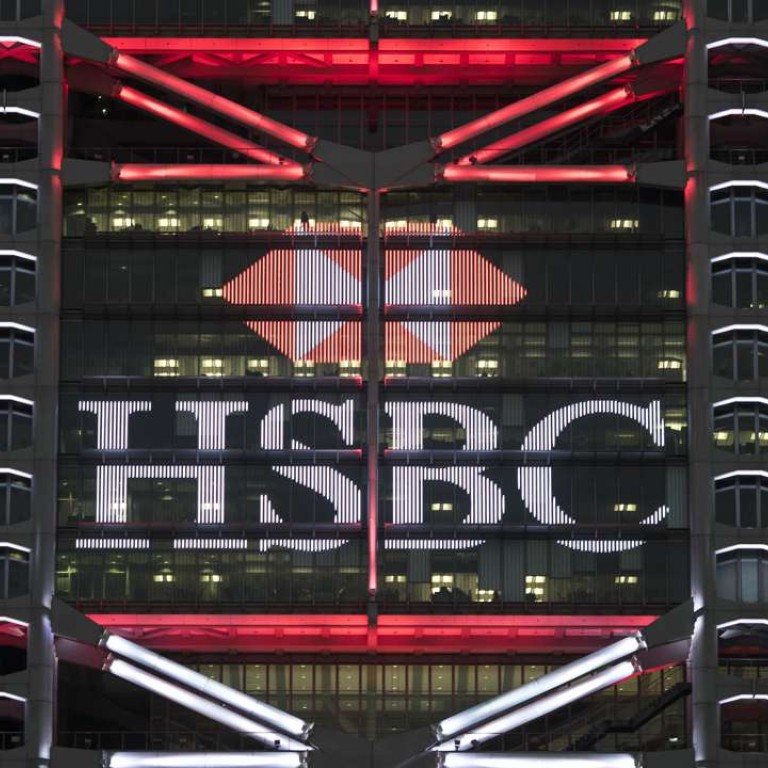
Three big banks in Hong Kong post sharp profit fall
Rising bad debts, poor investment market and Brexit hurt HSBC, Standard Chartered and Hang Seng Bank badly in first half while outlook uncertain
Three major banks in Hong Kong – HSBC Holdings, Hang Seng Bank and Standard Chartered – all reported sharp falls in their first-half profits on Wednesday as they were hard hit by the global economic slowdown and investment market uncertainties.
The banks’ top executives and analysts warned of tough times ahead as the mainland economic slowdown would continue to cut loan demand and cause a rise in bad debts, while poor investment sentiment would put downward pressure on fee income.
HSBC, the city’s biggest lender and one of the world’s largest, said pre-tax profit dropped 29 per cent to US$9.71 billion, while revenue fell 10.5 per cent to US$29.47 billion, hurt by shrinking fee income from equities trading in Hong Kong and a slumping pound after Britain’s vote to leave the European Union.
At subsidiary Hang Seng Bank, net profit slumped 60 per cent as rising bad loans and lower fee income weakened a balance sheet that was helped in the year-ago period by a one-time gain. Excluding the gain, the bank’s profit was down 15 per cent.

Standard Chartered said pre-tax profit plunged 46 per cent to US$994 million as volatile global markets hurt its trading income in the first half.
Brett McGonegal, the chief executive of Capital Link International, warned of tough times ahead for the banking sector.
“Hong Kong banks face a very challenging environment,” he said. “Asset quality is a problem as they have a heavy reliance on Hong Kong property which will be affected by soft prices in the real estate market.
“The US dollar peg will also impact borrowing costs as the US Federal Reserve seems intent on raising [interest] rates.
“There is enough uncertainty in the banking sector globally to keep investors on the sidelines until they see an uptick in business and sustainable margin expansion.”
McGonegal said a lot of uncertainty would surround HSBC and Standard Chartered as they had heavy exposure in Britain and hence would be hard hit by the nation’s move to leave the EU.

HSBC chief executive Stuart Gulliver said the bank had no desire to move its headquarters from London even after Brexit, but said it would continue to expand in Asia.
In February, HSBC decided after a review to keep its headquarters in London and not move back to Hong Kong or other cities. This is despite two-thirds of its adjusted profit before tax coming from Asia in the first half, up from 62 per cent a year earlier.
“We have continued to develop our Asia businesses, particularly asset management and insurance, and our operations in the Asean region and the Pearl River Delta,” Gulliver said.
Rose Lee Wai-mun, a vice-chairman and chief executive of Hang Seng, said the profitability in the first half was down because of higher bad debts from mainland state-owned companies, which were badly hit by the economic slowdown.
The weak stock market also depressed fee income from stock trading and mutual fund sales, she added.
“Operating conditions will remain challenging with the uncertain global environment and economic adjustment on the mainland,” Lee said, adding loan growth would continue to be slow because of the poor economy.

